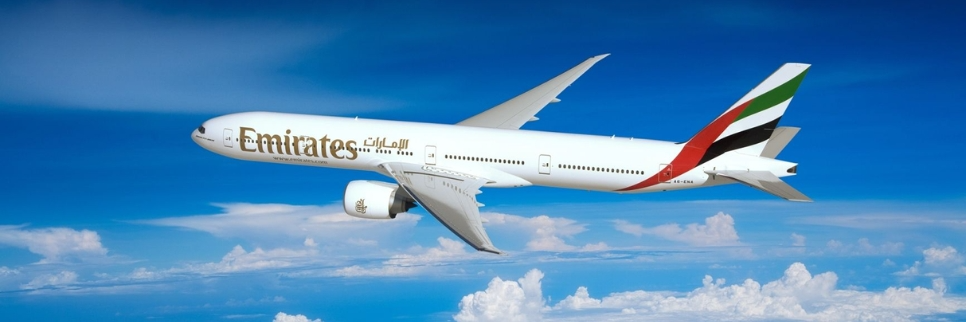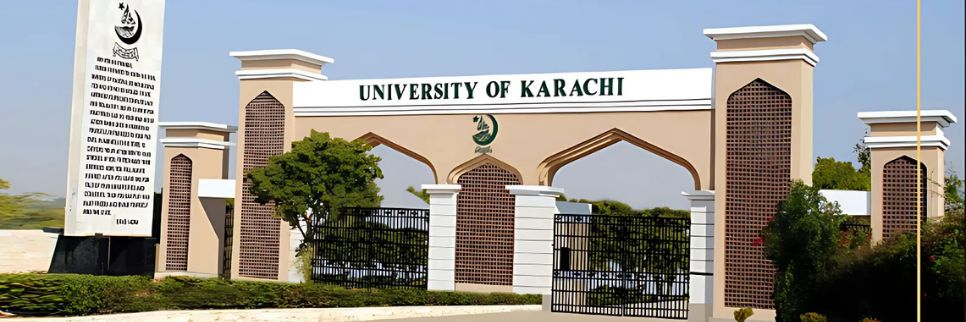50% Marks Now Mandatory in MDCAT for MBBS Aspirants Overseas.

- August 8, 2024
- 3113
The Pakistan Medical and Dental Council (PMDC) has announced that all students who intend to study MBBS abroad must secure 50% marks in the entry test.
The decision is made with a view to bringing uniformity of the qualifications in respect of migrating students for medical studies. The new regulations are likely to be implemented immediately and will have a direct impact on students wishing to pursue foreign medical programs.
The significance of this change for candidates is noteworthy. So, passing the MDCAT with at least 50% marks is the minimum threshold for aspiring medics going to a foreign country to get medical education.
The Council has been requested to step in many overseas-trained graduates to complete their degrees.
Further, there is no indication in PMDC whether this will be implemented immediately; hence, students must work out to meet the new requirement as quickly as possible.
Requirements of a No-Objection Certificate (NOC)
Together with the fresh passing mark guideline, an NOC from PMDC has recently become compulsory and even going to do medical care studies abroad. This NOC ensures that the school or college where a student plans to study is recognized and satisfies the desired standards of education.
The ensuing reasons behind such an amendment were quite valid and included the fact that there are large numbers of private medical colleges being established in provincial or autonomous territories for which prescribed recognition/NO Objection Certificate (NOC) is required so the prospective students do not end up taking admission in substandard institutions.
Countries such as China, Russia, and the various Central Asian countries, along with nations in Eastern Europe like Romania and Hungary, are among some of the favorite destinations for Pakistani students. Many people are attracted to those places because of the more available medical programs they offer and just the reputation that education is good there.
Notably, there has been ongoing discourse regarding the passing marks for medical education both domestically and abroad. Some officials have proposed an increase in the passing marks for the MDCAT from the current 50% to as much as 70%.
This suggestion has sparked significant debate within educational circles, particularly among members of the Senate Standing Committee on Health.
The proposal has triggered criticism from several committee members who worry that 70% is simply too high and would be unattainable for many students, including those who are very bright but typically score lower than peers on standardized tests like MCAT.
It has provoked backlash too from those worried about justice and fairness, especially regarding the double standards for foreign graduates vis-à-vis local MBBS entrants.
This position from the committee underscores a desire to provide benchmarks that are straightforward for students in medical education programs to meet and not something from which they feel overwhelmed by high passing scores.








